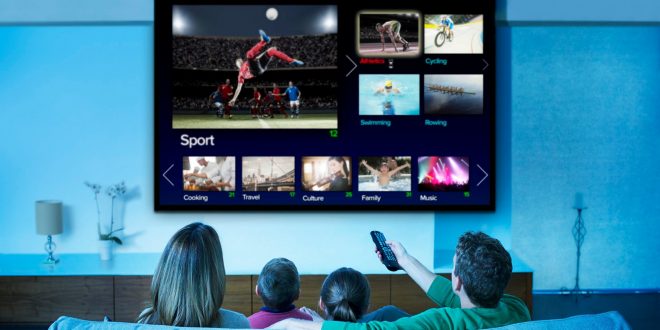The media can affect the lives of people, especially children, positively and negatively. This happens in all periods of life and all cultures and areas. Judging by numerous studies on the role of television as a medium in the lives of children and people – today TV is one of the key means of socialization. It influences our behavior, attitudes, and worldviews.
Today, TV is one of the key factors in upbringing and education. It is because it represents a collection of sources of information and entertainment – for all generations and in all world cultures. What are the positive and negative effects of television in society? We will try to explain it in this text.
Impact Of Television: Between Good And Bad
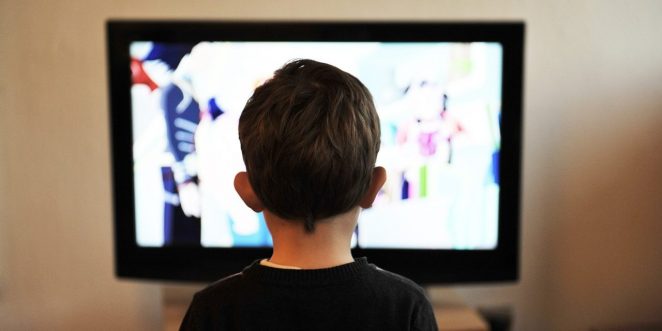
Scientists and the public often have a divided view of the media and the television itself. On the one hand, we consider TV to be very positive. Great hopes and expectations are invested in the idea of media that can enrich children’s lives, change unhealthy behaviors, stimulate imagination and creativity, expand education and knowledge, encourage inclusion and tolerance, reduce disparities between social strata and contribute to the development and civil society.
On the other hand, there are growing concerns that watching television can dull the senses, stifle imagination and spontaneous behavior, produce an insensitivity to the pain of others, encourage destructive behaviors, perpetuate stereotypes, lead to moral decay, suppress local cultures – and contribute to alienation from society.
A Blend Of Entertainment And Education
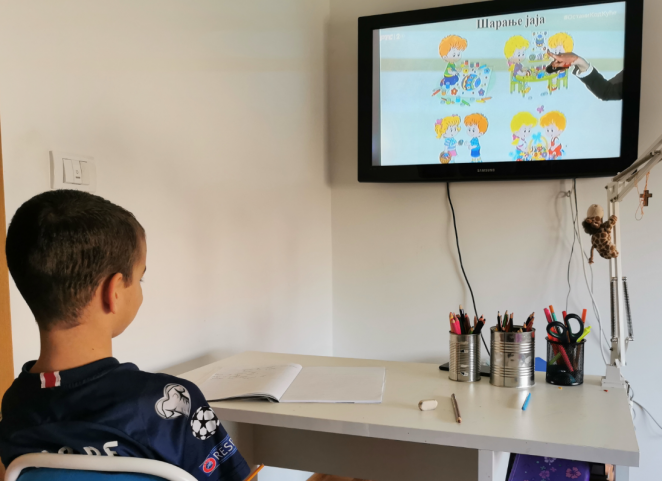
From the research that was conducted all around the world, it is clear that TV shows intended for kids are very effective in achieving various development goals. For example, educational TV shows among preschoolers have been shown to motivate children and achieve school readiness, and literacy.
Therefore, TV can effectively help in teaching certain elements of future schooling programs. This modern type of approach is also associated with developmental communication. Strategies that combine all the advantages and positive aspects of entertainment and education, the so-called ‘edutainment’ (a word made from the terms education and entertainment) – are especially important for children. Thus the appeal and popularity of entertainment are used to achieve social change and promote the well-being of the individual and society.
Good Effects Of Television

When used properly, television can be a wonderful medium. It is just important to choose the right content. A large number of satellite channels today allow us to choose the content we will watch. The content depends on the number of channels and the choices available to you. Satellite TV is very easy to set up and the service technicians you choose to help you with it.
When it comes to this type of choice, you can find out here more information that may be helpful to you. A program that encompasses multiple themes and relationships between characters – is much better than one that contains a monotonous story. The more complex, the better – psychologists say.
Numerous studies show that people who watch documentaries about wildlife and natural beauty – often feel energetic and benevolent. Even looking at photos of nature will lower blood pressure and relax muscle tension.
Good Sides of the TV
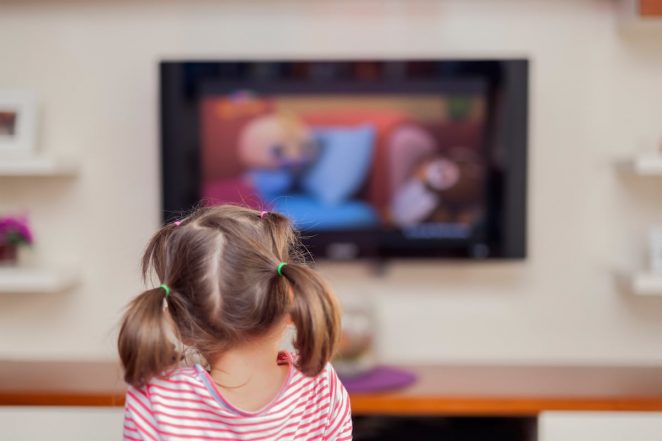
1. It Brings Information
Television is a medium that conveys information excellently, whether it is about the wonders of nature, human achievements, or space travel. We have to admit that we learned a lot from television.
2. Helps You Learn Foreign Languages
Some studies are showing an increase in foreign language vocabulary in preschool children, but in adults as well.
3. Good Educational TV Programs Encourage Further Learning
A television program can stimulate an interest in fact-finding, conversation, or some new activity.
4. Encourages Reflection On The World
As your child grows, you will be able to use television pictures and events as a starting point for many discussions about values, sexuality, alcohol/drug use, etc. Television is also the most powerful medium that conveys images of many of the problems that today’s societies face, thus enabling the spread of awareness of many of today’s problems.
The More Complex – The Better
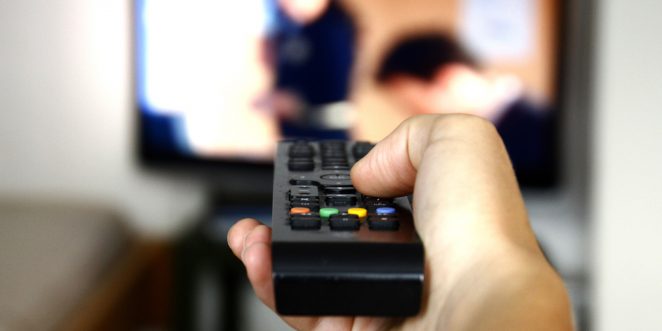
Programs can be educational and inspiring. Sometimes a child will find it easier to understand, for example, the growth of a plant by watching a documentary. Children who watch educational, non-aggressive children’s programs, according to research, show better results in reading and math tests. The more complex things they see on TV – the easier it will be to understand them, some research claims.
Better Learning And Fast Adoption Of Information
Preschoolers who watch informative and educational programs also prefer to watch documentaries in adulthood. Children who watch educational shows in preschool often have better grades, value education more, and are less aggressive, scientists claim.
Negative Sides Of Television

1. Bad Posture
Children who spend a lot of time in front of the screen behave improperly. The Germans tested 1,600 children between the ages of 6 and 17 and concluded that 40% of them could not stand properly, upright.
2. Aggression
TV content that is not adequately adapted to certain ages causes changes in the behavior of young people. Namely, watching the explicit content of violence – increases the risk that young people themselves adopt such a form of behavior as ‘normal’. It is similar when it comes to explicit sexual content.
3. Heart Problems
People who did not get enough exercise in childhood are six times more likely to have heart problems in adulthood. Sitting in front of the TV promotes obesity, high blood pressure, and cholesterol – which over time seriously damages health.
4. Speech And Concentration
Children under the age of 12 should not watch television at all – not even age-appropriate programs. According to some U.S. research, it is limiting their development. Experts especially point out the overload of the senses/brain due to constant, rapid changes in shots and scenes.
And How Does That Affect Our Physical Health?

People who spend a lot of time in front of the TV usually exercise a little, are sluggish, sit too much, have a broken posture, have severe back pain, suffer from unhealthy snacks, etc. People usually starve in front of the TV and then cram in unhealthy food – all of which affect blood sugar levels, accelerated weight gain, especially due to fast food.
What Happens To The Brain?
In neurobiology, there is a term called brain plasticity (neuroplasty). It is about the ability of the brain to adapt to the environment. The neurons in our brain are constantly working to ensure that adjustment. Those good sides could be pushed aside over time if we are often exposed (as is the case with TV) to watching alcoholism, murder, crime, lies, gambling, etc.
 Vermont Republic Second Vermont Republic
Vermont Republic Second Vermont Republic
